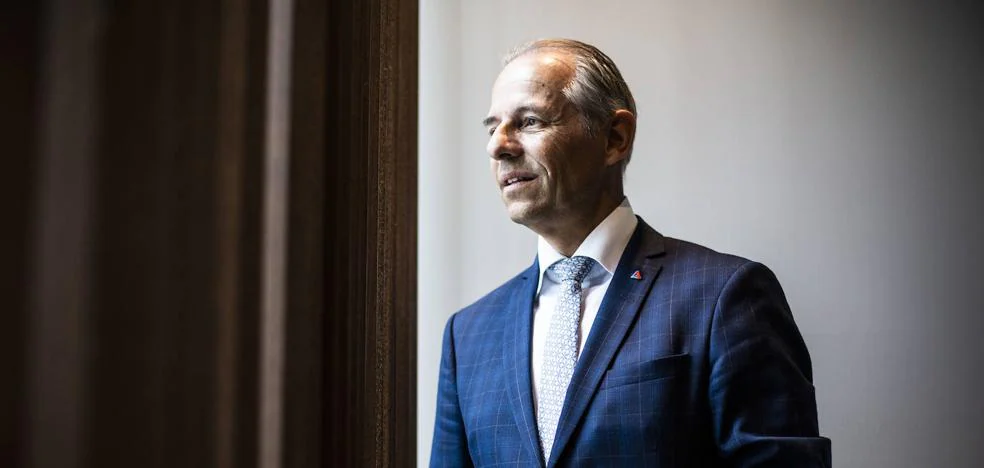Given Calviño’s warning, the CNMC notes a surge in prices due to global surges, which have already eaten six of the 20 cents in aid
The price of fuel continues to rise without the National Commission of Markets and Competition (CNMC) being able to verify that oil companies are taking advantage of the bonus the government launched in early April to help offset the rise in diesel and gasoline. So far, the agency has not yet discovered this behavior that would try to fatten prices in a context where they have a minimum state aid of 15 cents per liter and up to 20 in the case of SME service stations.
That was the insinuation the economic vice president, Nadia Calviño, launched at the beginning of the month, when the executive checked how the pumps’ quantities continued to increase and began to eat up some of the bonus. In this scenario, the head of the economy warned energy companies that if they raised prices by “absorbing” the support, the government would suppress their initiatives without extending them beyond June 30. “We need to analyze the most effective measures and if we see any of them keep costs down because operators are raising prices and absorbing this support, we will withdraw it,” he said.
Since the bonus came into effect, the CNMC has studied gross fuel margins even more closely than usual to avoid this potential ‘absorption effect’. After conducting that investigation in recent weeks, he rather observes a narrowing and even narrowing of the margins, according to sources of the agency consulted by this newspaper. In fact, the Commission points out that the operators are trying to attract more sales to their installations with prices that, within the limits in which they operate, are intended to be competitive between the different fuel brands.
The competitive analysis suggests that the rise is a reflection of the unstoppable rise in international prices. The barrel of Brent is trading at around $112 and has not fallen below 100 since Easter. This situation was exacerbated by a diesel shortage after the first sanctions against Russia, which produces a large part of the diesel consumed in Europe. That is why the price of this fuel has been above that of gasoline for several weeks, according to the CNMC. The agency also attributes these price increases to the deterioration in the euro/dollar exchange rate, which makes oil prices and all its derivatives, which refer to the dollar, more expensive.
What the competition does expect is declines in diesel in international markets that will have to be passed on to prices in Spain. The last EU Bulletin of Petroleum Products even indicated that the price of petrol has reached a new maximum this week, at 1.89 euros per litre, again surpassing that of diesel, at 1.88 euros. In the first case, it already registers an increase of 10 cents since the start of the bonus; and in the second it is almost on the same level.
With this data, the government continues to examine how to extend the fuel bonus from June 30, the day the current support ends. Economy does not rule out adjusting the measure to limit it to lower-income social groups, as fuels will remain at high levels for much of 2022.
Source: La Verdad
I’m Wayne Wickman, a professional journalist and author for Today Times Live. My specialty is covering global news and current events, offering readers a unique perspective on the world’s most pressing issues. I’m passionate about storytelling and helping people stay informed on the goings-on of our planet.



